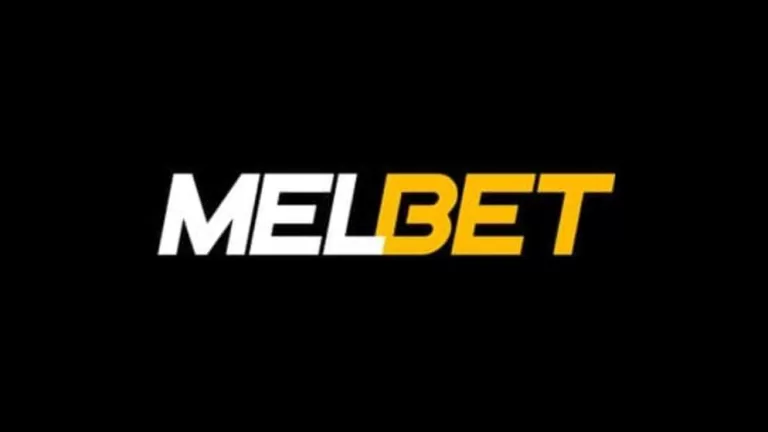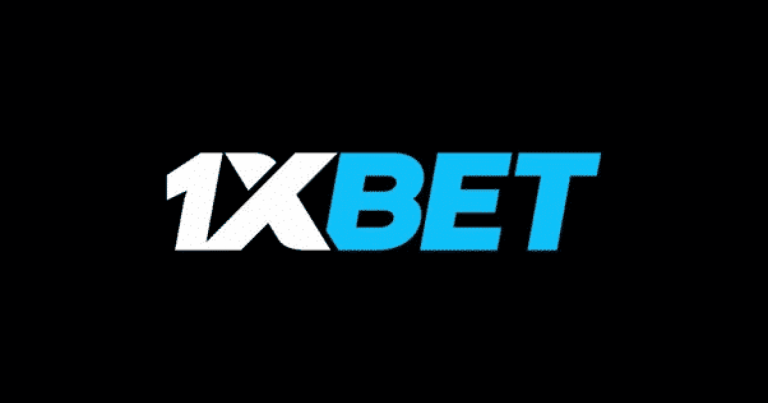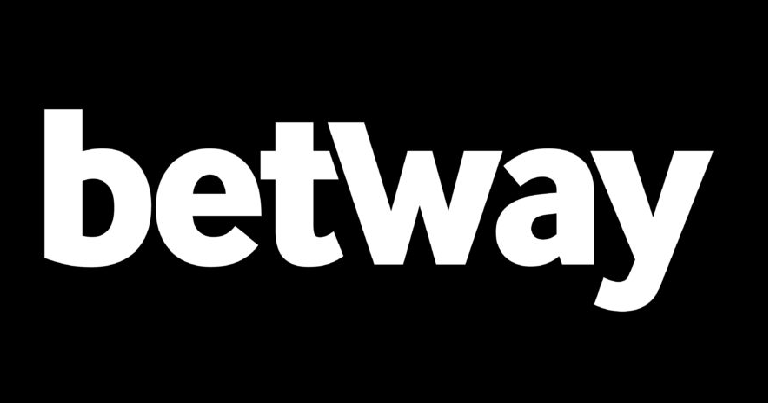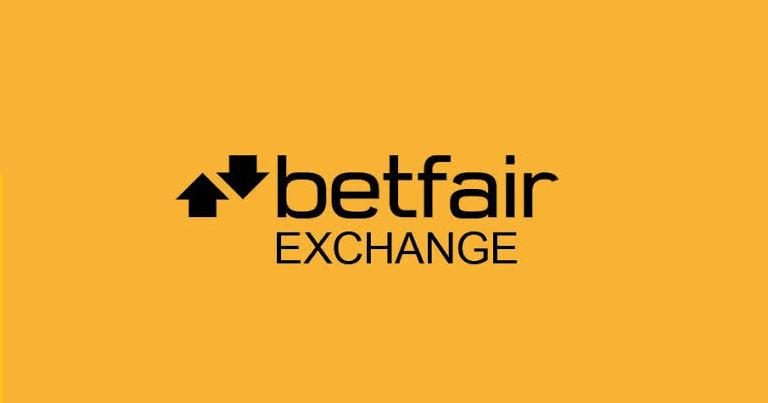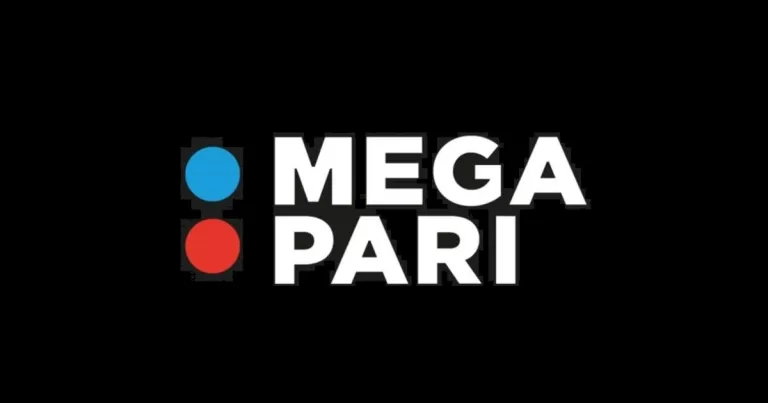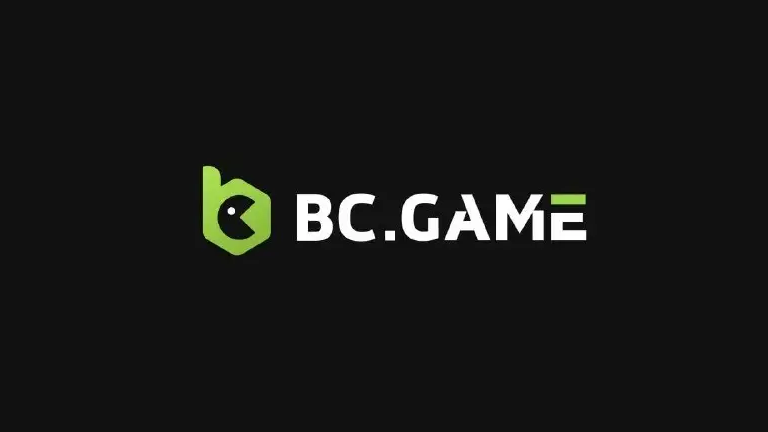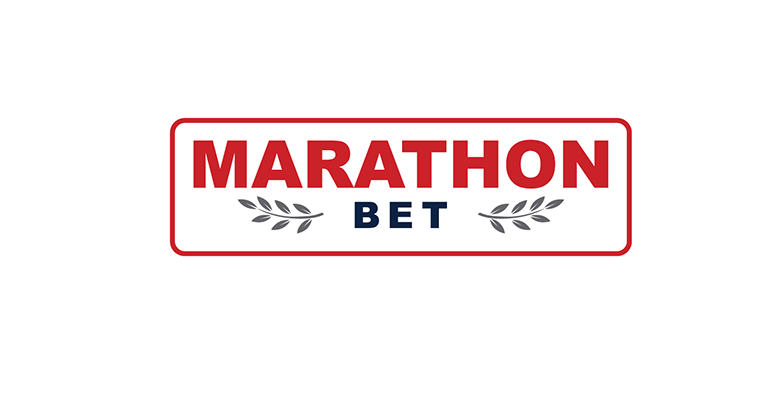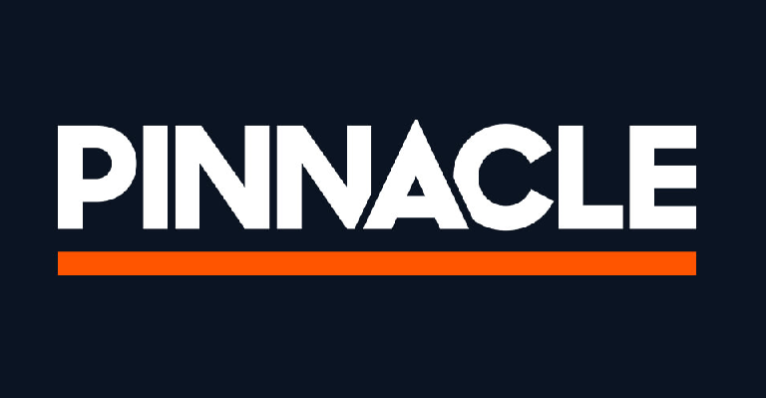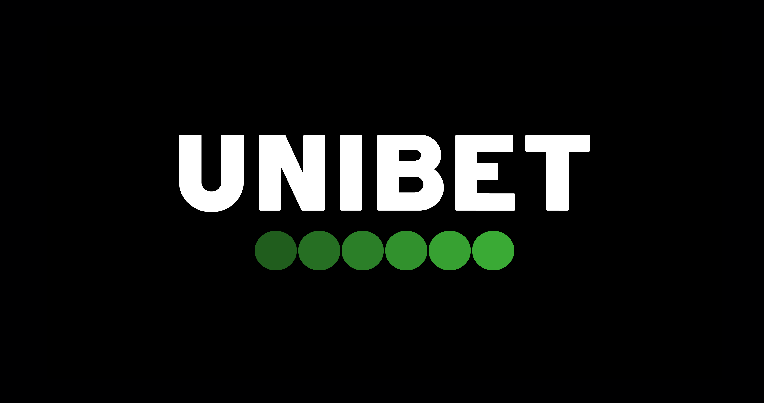Top 10 Best betting sites in lebanon
Find the best betting site in lebanon for any market! by many different criteria!
Melbet
1xbet
bet365
888sport
Betwinner
betway
betfair
megapari
BC.GAME
Stake
Marathonbet
Pinnacle
unibet
5 Surprising Truths About Lebanon's Hidden Sports Betting World
Most forms of sports betting are officially restricted under Lebanese law. Before 2013, residents could freely access offshore bookmakers, but a government crackdown that year blocked international gambling platforms. This created a clear paradox: if the door was officially closed, how did a massive, thriving market for online sports betting erupt just beneath the surface?
This article uncovers the most surprising facts about this hidden industry. From the simple digital tools that unlock access to the global giants catering to this market, we’ll explore how thousands of Lebanese punters have built a resilient betting culture that operates in the digital shadows.
1. It’s officially restricted, but an unofficial market flourishes
The central paradox of sports betting in Lebanon is that while the law is clear—only the national lottery and the land-based Casino du Liban are permitted—the reality on the ground is anything but. Regulations enacted in 2013 officially blocked access to offshore gambling platforms, seemingly closing the door on online sports betting.
Despite these measures, a vibrant grey market has erupted. Thousands of Lebanese bettors actively place wagers with international, offshore bookmakers every day. This has created what industry analysts describe as a "semi-regulated" or "ambiguous" environment where the law prohibits the activity, but a large and engaged community participates using globally accessible platforms.
Even though sports betting is illegal in Lebanon, local sports fans use an opportunity to place their wagers with international bookies operating in the country.
2. Bettors use a standard "digital privacy toolkit" to get access
To navigate the digital restrictions, Lebanese bettors have adopted a standard digital toolkit to circumvent these restrictions. The first and most essential component is a VPN (Virtual Private Network), which is strongly recommended to bypass geographic blocks implemented by local internet providers and make a user's activity private.
Beyond access, financial privacy is paramount. To mitigate the tangible risks of using local financial systems in this legally ambiguous environment, bettors are explicitly advised to "avoid using local bank cards." Instead, they turn to reputable e-wallets like Skrill and Neteller. These services act as crucial intermediaries, adding a layer of security and anonymity.
Increasingly, cryptocurrencies are also a key part of the toolkit. As one source explains, Bitcoin is a powerful tool because, "Thanks to blockchain technology at its core, all your transactions with Bitcoin are 100% anonymous and secure."
3. Global betting giants are all in
Despite Lebanon's official restrictions, the world's biggest betting companies aren't just aware of this hidden market—they're actively competing for it. Legendary and top-tier international bookmakers, including Betway, William Hill, bet365, and 22Bet, all offer their services to Lebanese users.
This isn't an accidental oversight; it's a calculated business strategy. These companies recognize a passionate, digitally-savvy user base and have built a robust service infrastructure to cater to them, effectively bypassing local prohibitions. They provide a full suite of features, from user-friendly mobile apps and a wide variety of betting markets to welcome bonuses and responsive customer support, typically in English or other European languages.
4. Football is king, but esports betting is the future
While football dominates the present, a look at the data reveals a surprising contender for the future of Lebanese betting: competitive video games. Unsurprisingly, football’s popularity reigns supreme, drawing the most wagers, followed by other traditional favorites like basketball, boxing, and baseball.
However, Esports betting has become one of the fastest-growing markets, particularly popular among younger demographics. Major platforms like Betway now offer extensive betting options for major tournaments in globally popular games such as Dota 2, League of Legends, and CS:GO. The rise of Esports signals a generational shift in betting habits and points to where the industry is heading.
5. An Industry in the Shadows, Awaiting a Change
The sports betting landscape in Lebanon is a case study in resilience and adaptation. It is a culture that leverages a simple digital toolkit—VPNs and e-wallets—to participate in a global market despite local legal restrictions. A sophisticated ecosystem of international operators has met this demand, creating a thriving industry that operates entirely in the digital sphere.
Sources note that current "restrictions on the gambling and sports betting markets in Lebanon notably affect the country’s economy," leading to widespread expectation among bettors for "mitigation in the near future." As technology continues to outpace regulation, the question remains: will Lebanese law eventually adapt to the reality of this thriving digital market?
About us
BetPlace is a validation site for betting sites that introduces the best betting sites based on various indicators and by countries and sports. BetPlace uses the opinions of users and experts to prepare its lists.
